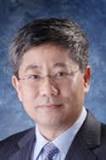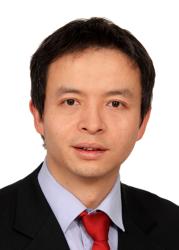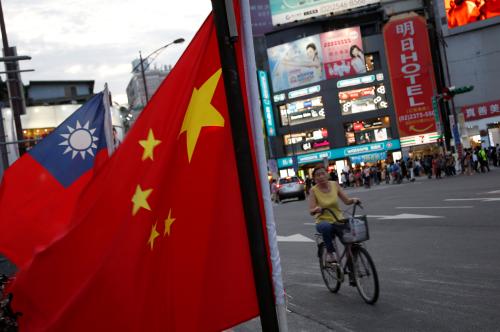2021
Content from the Brookings-Tsinghua Public Policy Center is now archived. Since October 1, 2020, Brookings has maintained a limited partnership with Tsinghua University School of Public Policy and Management that is intended to facilitate jointly organized dialogues, meetings, and/or events.
Almost a year and a half after the Communist Party of China’s 18th Party Congress and one year into the term of the new government, China and the world are waiting for the new leadership’s plans to further transform China’s economy and to improve governance. What new reform measures should be the focus? Why are these measures necessary? What are the challenges to implement these reform measures? And what are the implications of China’s new reforms for the world?
On April 9, 2014, the Brookings-Tsinghua Center for Public Policy hosted a panel discussion on China’s new reform agenda. Three distinguished scholars, David Dollar, senior fellow, the Brookings Institution; Tao Ran, nonresident senior fellow, Brookings-Tsinghua Center; and Bai Chong-En, professor at the School of Economics and Management, Tsinghua University, have discussed the need and content of China’s reform agenda and its implications for China’s changing role in the world, especially with U.S.-China relations.
Director of the Brookings-Tsinghua Center Qi Ye moderated the talk.
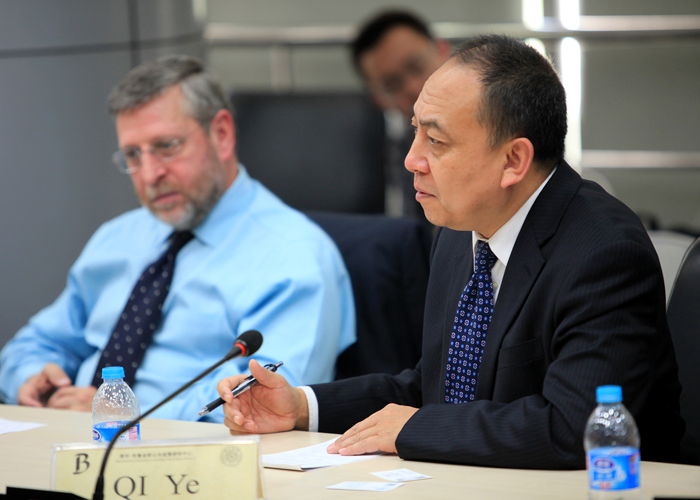
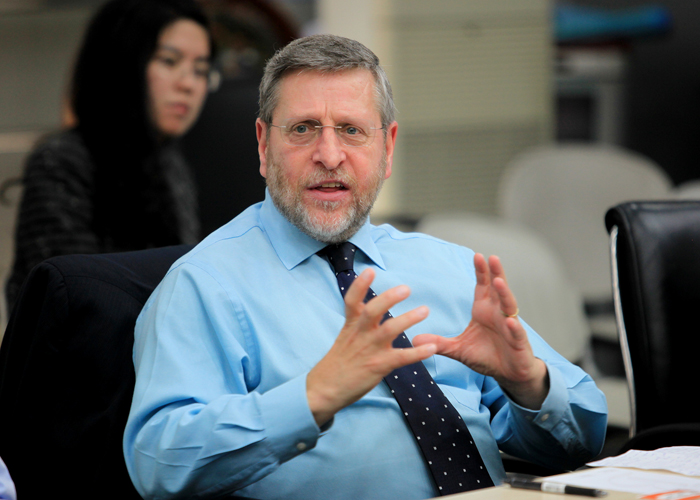
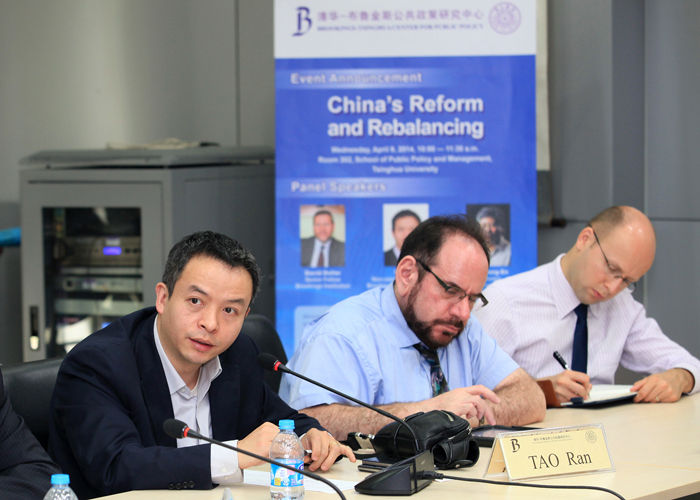
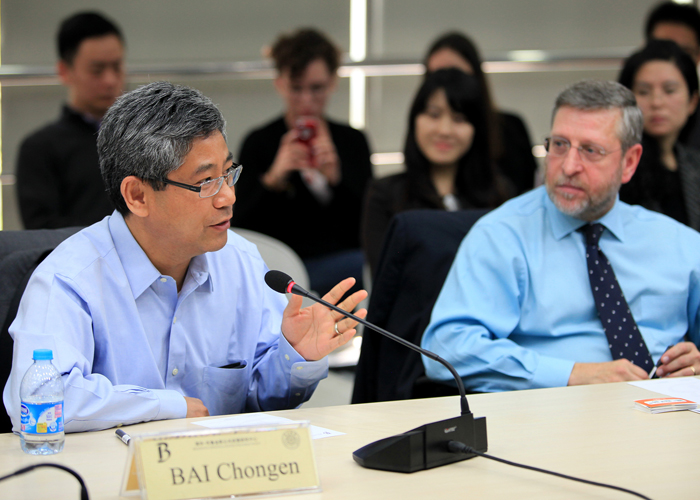
Photos by Hou Jun
China’s Reform and Rebalancing
Agenda
-
April 9
-
China’s Reform and Rebalancing
10:00 pm - 11:30 pm
Almost a year and a half after the Communist Party of China’s 18th Party Congress and one year into the term of the new government, China and the world are waiting for the new leadership’s plans to further transform China’s economy and to improve governance. On April 9, the Brookings-Tsinghua Center for Public Policy hosted a panel discussion on China’s new reform agenda.
-
